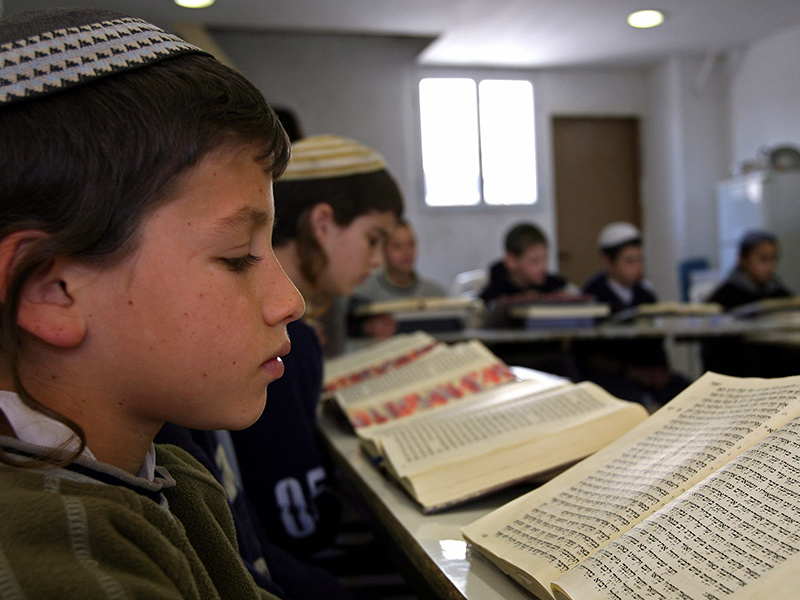As we approach Shavuot, one must notice that, as one of the major holidays of Jewish life, Shavuot seems to miss the boat. Sukkot has a lulav and a sukkah, Passover has the seder, matzah and maror, but Shavuot really has no specific mitzvah to mark it as special. As it is such an important day, one must wonder why that is.
On Passover, we celebrate the creation of the Jewish nation, forged in Egypt and liberated in a miraculous manner. On Sukkot, we celebrate our dependence on the Almighty, we fill our storehouses with grain from the harvest and celebrate the richness of the crop by going out of our homes into a sukkah.
However, Shavuot is different than the other holidays in that it does not celebrate a part of Jewish life, but rather the receiving of the Torah. Therefore, Shavuot requires something that represents the entirety of Jewish life, which cannot be a specific action, food or mitzvah. Instead, it is represented by us, by the human being, him or herself.
On Shavuot, we dedicate ourselves. All aspects of the human being are applied to Torah and, therefore, it is our presence, our consciousness and our participation on Shavuot that makes it special.
While each holiday Jews celebrate contains important fundamental messages on how to live, it is Shavuot that gives us the most encompassing and most fundamental message of them all – the message of the Torah being a manual for human life.
On Shavuot, the Almighty does not ask us to do something unique to celebrate. We don’t have to eat, move, sit or stand. We just have to be. Shavuot teaches us that each individual is significant, is essential and is one with the Torah. It is not what we bring to Shavuot that is important, rather it is the fact that we figuratively bring ourselves before Mount Sinai to individually and collectively receive the Torah.
